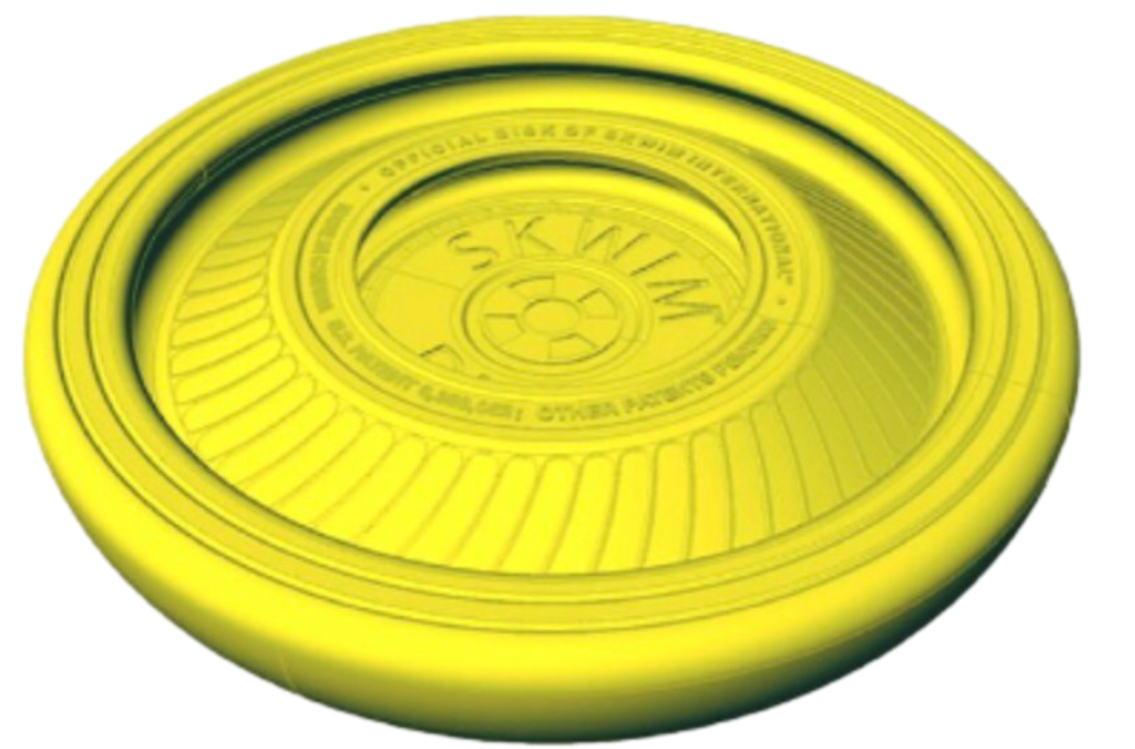
Wayne Goldsmith
There's a change coming, and it's the biggest and most significant change sport has ever seen.
all over the world -- as I've pointed out for several years -- the number of kids playing competitive sport is falling -- and continues to fall.
In NZ. In Canada. In Australia. In the UK. In the US. The number of kids playing competitive sport is falling -- and in some rural and regional areas, many sports, (particularly the big-time commitment sports like gymnastics, diving, athletics, swimming and rowing) will not recover. It is over for them.
In response, sporting organisations and governments have tried a lot of different ideas including modified and “small” versions of sport, and still the numbers are falling.
The only athlete who can't improve is the one who is not there.
And increasingly -- they're not there -- i.e. kids are not playing competitive sport.
And do you know why?
For the most part, it's terrible coaching. It's coaching by boring, repetitive, un-engaging, physiology focused, 1970s style coaching that's killing sport.
You know how we're going to turn it all around?
Better coaches and better quality coaching. The problem is also the solution.
And it starts with changing and challenging many of the assumptions that have underpinned coaching for the past 50 years including:
1. Periodization
It's not about the calendar. A micro cycle does not have to be a week. A macro cycle does not have to be a month. It's all about the athlete and their rate of learning, adaptation and recovery. You can do 13, 25, 75 session microcycles – and free your mind from the limits of adherence to the seven day / calendar focused model. You can do NO PERIODIZATION AT ALL – and just work with the athletes optimally every day. You can do it so many ways – but move past coaching-by-calendar!
2. Technical Perfection
Seriously, we've got to stop obsessively pursuing "perfect" technique. In many cases our pursuit of text-book perfect is in effect coaching all the genius and greatness out of kids. Get their technique reasonably okay. Then, progress the skill through speed, fatigue and pressure conditions so that they learn to execute skills reasonably well at high speed, under fatigue and under pressure consistently in competition. There is a big difference between TECHNIQUE and STYLE. We want the athlete to have a unique “style” as it’s the athletes with the unique style who end up changing the direction of the sport.
The only athlete who is textbook perfect is the athlete who is in the textbook.
3. Drills
Coaches are using way too many drills. Identify the key skills of your sport -- i.e. usually a handful of critically important cornerstone skills. Develop a few drills for each of these skills. Then, work with the athletes on technique.
Every new drill is in effect a completely new skill to learn. Many coaches have more drills than a hardware store. And, it’s blinding them to the real issue. Work with the athletes to develop an effective and efficient technique that works for them.
4. Not nearly enough focus on mental skills
We're all obsessed with physiology.
Why?
Because we can measure it. What gets measured gets done. Yet, every coach knows that it's the un-measurable and intangible qualities that determine success.
I am recommending to my clients who conduct coaching courses to make the first session, and most of the first day of beginner coaching courses all about developmental psychology, relationship development, connecting with athletes and how to develop commitment, confidence and composure in athletes and teams.
5. Aerobic base
Why?
Because that's what everyone has been doing since the 1960s. So, we get kids into training, smash them for two-hours in the mornings and at nights for years-and-years, and then wonder why they give up?
There are many, many other ways of developing endurance than the mindless lap after lap, mile after mile, session after session model that are largely ineffective and inefficient.
People keep telling me “kids today are lazy”.
Rubbish. It’s the coaches who are lazy. The days of coaching by repetition are over. Repetition is lazy coaching.
Coaches have to find new, better, more efficient, more effective, more engaging ways of inspiring kids to work hard. There are still no short cuts to excellence: no easy ways to greatness.
But continuing to try and coach excellence and greatness by repetition is not working. Find another way.
6. The pathway - this model - the pathway concept - has killed competitive sport
This ridiculous belief that every kid who picks up a tennis racket is on the pathway to being Roger Federer. And, every kid who jumps into a pool is on the pathway to becoming Michael Phelps is insane.
It's like assuming every kid in kindergarten will be an Orthopedic Surgeon so we must teach them to hold their crayon like a scalpel.National sporting organizations, national governments and others are still pushing and promoting the pathway model as the panacea to all sports’ ills. It’s got to be scrapped.
Coaching and coaches have to change.
I am putting together a book and a new Tour called EXPLODING THE MYTHS of COACHING.
https://www.swimmingworldmagazine.com/news/main-set/
